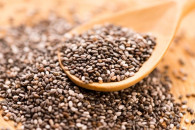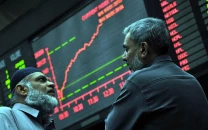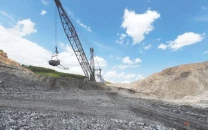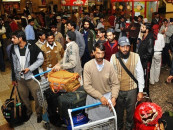'Data is the new gold for 21st century'
Urban Unit CEO says nations using artificial intelligence will progress more than those who don't

A Reuters representational image.
Sherdil told The Express Tribune that following adoption of big data by entire countries, a digital divide would emerge in the world. This digital divide would separate those countries which utilised modern technology for their decisions from the ones which did not.
"Data is the new gold or oil for 21st century," he said. "Those nations who would base their decisions on big data in the near future will progress more than those who would not."
He further stressed that Pakistan needed to discuss at a national level how it could utilise these important tools for introducing problem-solving measures.
He was of the view that the modern paradigm was the confluence of big data and connectivity as fifth generation technology.
"The nations which will take their decisions based on this confluence will be on one side of the digital divide," he said adding that The Urban Unit had emerged as the data warehouse of Punjab and was receiving data from other provinces as well.
The Urban Unit has executed many projects in Punjab like developing Punjab Spatial Strategy, computerisation of urban immovable property tax, geo tagging of industrial estates in Punjab and obtaining data of around 66,000 large and medium scale industries.
According to the CEO, the scope of its work was now widening and other provinces were also utilising its expertise to streamline data of different departments.
"We have completed computerisation of urban immovable property tax survey in Sukkur," he said. "According to the survey result, the total numbers of units in the city have increased from 34,000 to 94,000."
He pointed out that the department was engaged in similar work with the Excise and Taxation Punjab where delimitation was likely to increase the number of cities to 400 from the current 194 cities.
"The geo-tagging of new properties and cities will significantly enhance the tax base for provincial excise department in future," he said.
Apart from this, the CEO highlighted that the department was executing a similar project in Peshawar city as well where it was collecting data of water bills of consumers.
"We also offer our expertise for crop harvesting where we use algorithms in artificial intelligence and combine it with satellite images to predict the crop yield and which crops should be harvested in a certain area".
Published in The Express Tribune, February 9th, 2020.
Like Business on Facebook, follow @TribuneBiz on Twitter to stay informed and join in the conversation.



















COMMENTS
Comments are moderated and generally will be posted if they are on-topic and not abusive.
For more information, please see our Comments FAQ